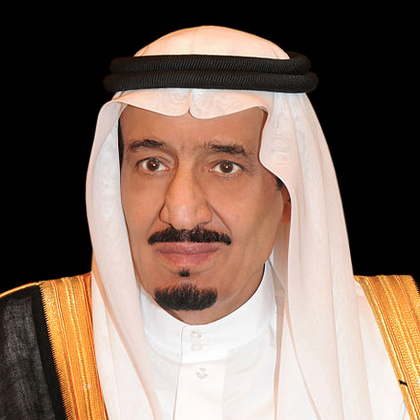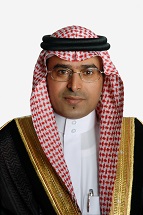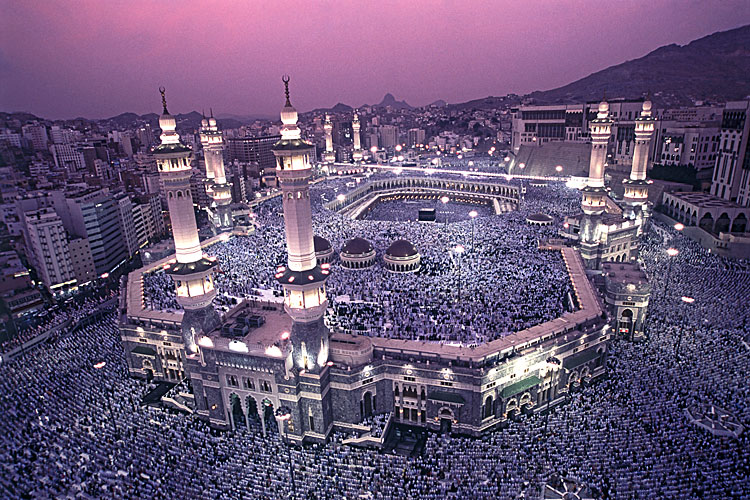Interview with Ambassador Riyad A.H. Almubaraky of Saudi Arabia
Ambassador Riyad A.H. Almubaraky of the Kingdom of Saudi Arabia in Seoul said that there are many competitive fields for the Korean companies in Saudi Arabia and that among them are renewable energy, petrochemicals, transportation, construction and tourism. Then he said that among the most popular Korean products in Saudi Arabia are automobiles, electronics, and industrial equipment.

This was disclosed at a recent interview with Ambassador Almubraky conducted by The Korea Post as part of its plan to publish a Special Report on Saudi Arabia on the occasion of the Anniversary of Unification of the Kingdom on Sept. 23, 2016. Details of the interview follow:

Question: What are the important developments scheduled between Korea and your country?
Answer: Since the establishment of diplomatic ties in 1962, the bilateral relation between the Kingdom of Saudi Arabia and the Republic of Korea is on a continuous progress that includes every field. There are many aspects of coordination of positions and visions on various international issues including how to tackle terrorism, anti-piracy and nuclear non-proliferation. Moreover, both countries cooperate and coordinate their positions and arrange their joint efforts in various international agencies and organizations.
Q: What is the volume of bilateral trade, its outlook in the next 12 months?
A: The Republic of Korea is among the important trade partners to the Kingdom of Saudi Arabia, where trade volume reached $30 billion in 2015 and $13 billion as of July 2016. The trade volume between the two friendly countries is expected to further increase in the near future.
Q: Which Korean companies (in addition to the Jaebeol business groups) actively engaged in the promotion of economic cooperation between Korea and your country?
A: The performance of the Korean companies in the Kingdom of Saudi Arabia is very active and provides useful means to develop bilateral economic cooperation. Such Korean companies have played a crucial role in the 1970s and 1980s in modernizing the Saudi infrastructures. Recently, the Korean companies have extended their activities in the Kingdom to include water desalination, power generation, petrochemicals, energy, information technology and contracting businesses as the Korean companies have accumulated international experiences in such fields.
Q: What are the areas in your country where you want Korean companies to invest and what are the areas where you wish your businesspersons to invest in Korea?
A: The Kingdom of Saudi Arabia looks forward to attracting foreign direct investment, while the suitable attractive investment climate has been created through a number of many appropriate measures and calling for investment in R&D, innovation, and human resources development.
Q: What are the foreign investment policies of Saudi Arabia?A: The Kingdom of Saudi Arabia realizes that achieving its ambitious economic goals requires a steady flow of technology and expertise into the country. Therefore, its policy is to welcome foreign capital and invite it to participate in the economic development projects in cooperation with Saudi business. The government policy aims not to impose any restrictions on the movement of capital inflow but to respect private ownership.
In addition, foreign investment that fulfills the requirements of the Foreign Capital Investment Code enjoys all privileges of national capital and is entitled to the same treatment, protection, and incentives accorded to national capital. The Code requires that foreign capital be invested in economic development projects (which, under the Code, do not include petroleum and mineral projects). Development projects are defined by the Ministry of Industry and Electricity.
Provided that the share of national capital is at least 25 percent, industrial or agricultural projects that fulfill the above requirements enjoy the following benefits:
An income tax holiday of up to 10 years from the commencement of commercial production.
Ownership of land according to the regulations governing land ownership by non-Saudis.
For industrial projects, the same privileges are given as the Saudi capital under the National Industries Protection and Encouragement Regulations. These privileges include:
Exemption from customs duties on machinery, equipment, tools and spare parts imported for industrial products.
Exemption from customs duties on primary raw materials, semi-finished goods, containers, etc., necessary for industrial projects (provided that similar items are not sufficiently available locally).
Provision by the government of plots of land at a nominal rate for factories and residential quarters for workers.
Low electricity and water rates.
No restriction on repatriation of profits.
Preferential treatment for local products in government procurement in addition to preferential treatment accorded to national products by Arab League and Saudi Arabian bilateral trade agreements.
Q: What are the attractive tourist destinations of your country?
A: There are various tourism features in Saudi Arabia. The most famous of such civilianization is Madain Saleh (Al-Hajar) in north-western region of Saudi Arabia; Al-Faw in southeastern area; and Al-Akhdood in the southern Najran. There are also the eternal Islamic relics in Mecca and Madinah. Stunning coastal areas faces the Red Sea in Jeddah in the western part as well as Dammam in the eastern part. Saudi Arabia is also rich in natural reserves. The scenic mountain areas are famous with moderate climate in Al-Taief and Abha region located on tops of Al-Hijaz and Asir’s mountains. The Musmak Fort in the capital Riyadh is one of important historical milestones in Saudi Arabia because it represents the beginning of our blessed efforts to unify the Kingdom of Saudi Arabia.


